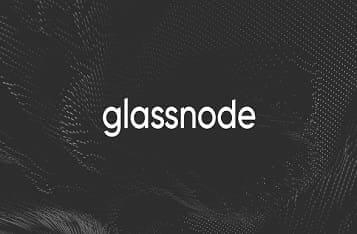Enhancing LLM Tool-Calling Performance with Few-Shot Prompting
LangChain has recently unveiled the results of its experiments aimed at enhancing the performance of large language models (LLMs) in tool-calling tasks through few-shot prompting. According to the LangChain Blog, the experiments demonstrate that few-shot prompting significantly improves model accuracy, particularly for complex tasks.
Few-Shot Prompting: A Game Changer
Few-shot prompting involves including example model inputs and desired outputs in the model prompt. Research, including a study referenced by LangChain, has shown that this technique can drastically enhance model performance across a broad spectrum of tasks. However, there are numerous ways to construct few-shot prompts, and few established best practices exist.
LangChain's experiments were conducted on two datasets: Query Analysis and Multiverse Math. The Query Analysis dataset involves invoking different search indexes based on user queries, while the Multiverse Math dataset tests function calling in a more complex, agentic workflow. The experiments benchmarked multiple OpenAI and Anthropic models, experimenting with various methods of providing few-shot examples to the models.
Constructing the Few-Shot Dataset
The few-shot dataset for the Multiverse Math task was created manually and contained 13 datapoints. Different few-shot techniques were employed to evaluate their effectiveness:
- Zero-shot: Only a basic system prompt and the question were provided to the model.
- Few-shot-static-msgs, k=3: Three fixed examples were passed as messages between the system prompt and the human question.
- Few-shot-dynamic-msgs, k=3: Three dynamically selected examples were passed as messages based on semantic similarity between the current and example questions.
- Few-shot-str, k=13: All thirteen examples were converted into one long string appended to the system prompt.
- Few-shot-msgs, k=13: All thirteen examples were passed as messages between the system prompt and the human question.
Results and Insights
The results revealed several key trends:
- Few-shot prompting significantly improves performance across the board. For instance, Claude 3 Sonnet's performance increased from 16% using zero-shot to 52% with three semantically similar examples as messages.
- Using semantically similar examples as messages yields better results than using static examples or strings.
- The Claude models benefit more from few-shot prompting than the GPT models.
An example question that initially received an incorrect answer without few-shot prompting was corrected after few-shot prompting, demonstrating the technique's effectiveness.
Future Directions
The study opens several avenues for future exploration:
- Comparing the impact of inserting negative few-shot examples (wrong answers) versus positive ones.
- Identifying the best methods for semantic search retrieval of few-shot examples.
- Determining the optimal number of few-shot examples for the best performance-cost trade-off.
- Evaluating whether trajectories that include initial errors and subsequent corrections are more beneficial than those that are correct on the first pass.
LangChain invites further benchmarking and ideas for future evaluations to continue advancing the field.






